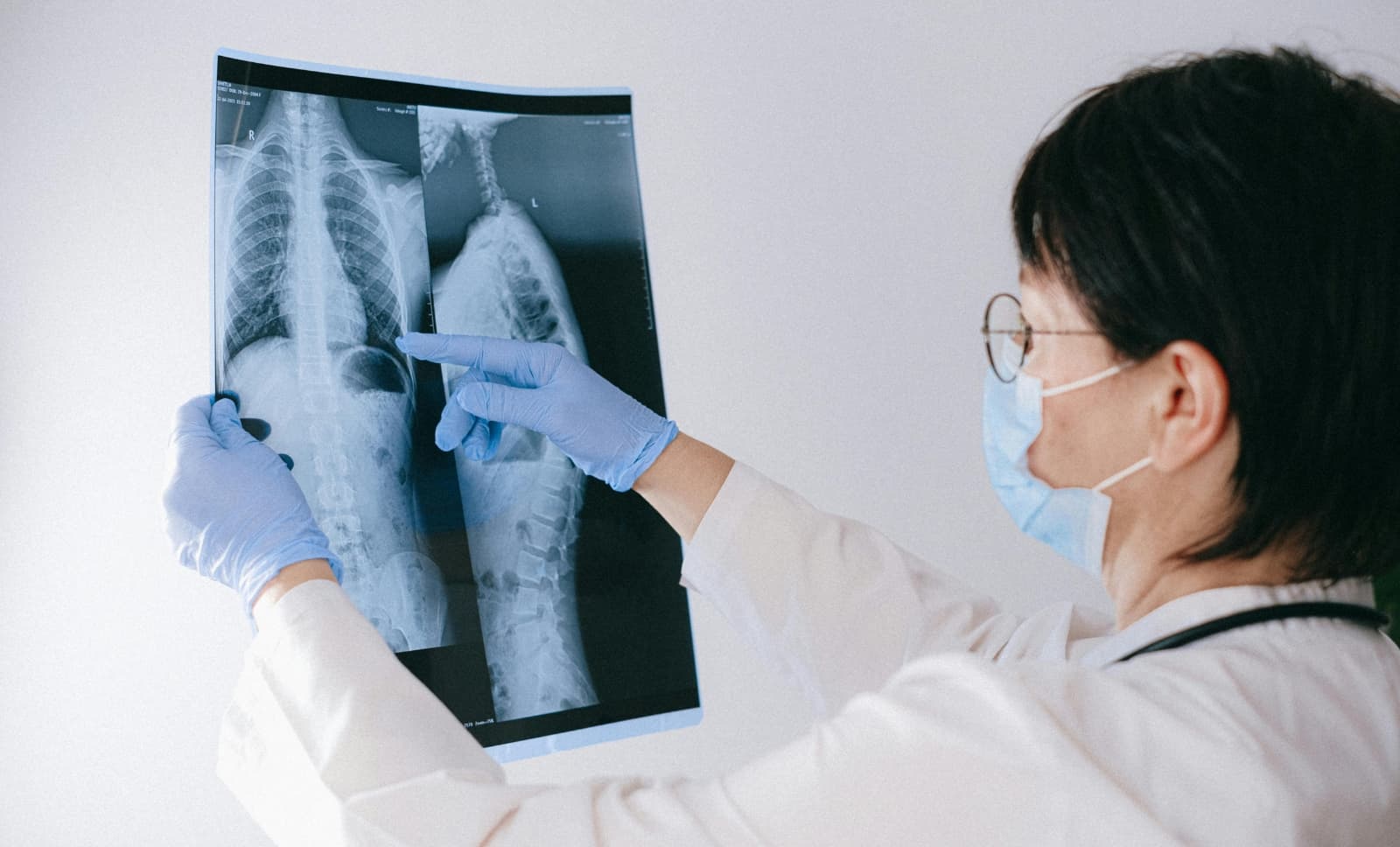Testicular Torsion: A Case Study
By Mr. Gordon Muir, Consultant Urological Surgeon
Posted 05 January 2022
5 Minute Read

Tags:
- Testicular Torsion
- Missed Torsion
- Urology Claims
- Urologist Expert Witness
- Loss of Testicle
- Surgical Delay
Expert Disciplines:
- Urology
- General Surgery
About The Author

Mr. Gordon Muir
Consultant Urological Surgeon
Mr. Gordon Muir is a Consultant Urological Surgeon at King’s College Hospital and Honorary Senior Lecturer at King’s College London. With extensive international clinical and research experience, he brings over 10 years of expert medico-legal reporting.
From the Blog
Related Articles

Gain crucial insights on complex consent and surgical risks in paediatric spinal cases to strengthen your clinical negligence claims and better support vulnerable patients and their families.

Understand how robust consent processes in medical aesthetics reduce litigation risk, improve patient outcomes, and help solicitors build stronger clinical negligence cases involving cosmetic treatments.
Thank you for your request!
We will get back to you as soon as possible.
